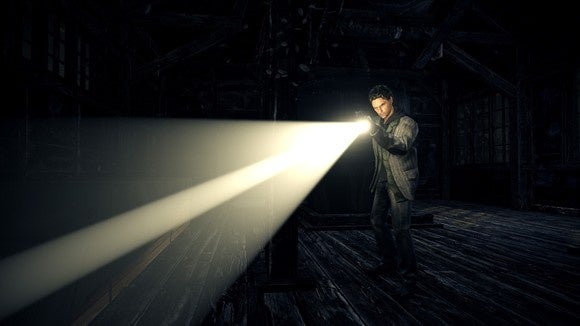

Straight text could never weave the past and present together into this singular fabric. The story works exquisitely as a graphic novel. It is in service to that personal history that Hall has worked so hard to uncover the truth about the lives of enslaved people of color. Her family was forced by violence and threats to move farther north, generation after generation.

Not only does it frame her professional struggle, it connects to her family history as well. Hall’s personal journey is an integral part of the story.

Even private companies that kept meticulous records, like Lloyd's of London and other institutions that insured the “cargo” of slave ships, which have maintained the records of policies and claims further back than the trade itself, are unwilling to let even certified historians delve deeply into those records.ĭr. This history has been tamped down since the beginning, as if the perpetrators themselves recognized the wrongness of their actions. With any deep dive into history, there is the struggle to find intact documents, primary sources and artifacts. Hall’s present-day struggle to unearth the truth about the lives and deaths of the people involved. Just as important as the revolts themselves, Wake chronicles Dr. Hall knows enough about the conditions and situations of the period to be able to lay out a very informed story about what they went through, what might have motivated them, and how they were able to enact their rebellions. Because the information about these women is so fragmentary, it is hard to give a formal remembrance. A wake is also an informal remembrance of someone who has died. It was in the wake of slave ships that many captured Africans lost their lives, either as the ship went down due to inclement weather or inept seamanship, or more often, when they deliberately chose death over whatever cruel fate might await at their destination. A wake is also the visible trail of something moving through water. As the enslaved people in the book wake up to the fact that only an act of rebellion will free them, current generations need to understand how and why that would be their conclusions, and wake up to the fact that many people are still in circumstances that lead to that belief as well. Foremost, I think it is a call for all of us to wake up to the realities of the past. The title of the book is a brilliant use of the multifaceted nature of the English language. Rebecca Hall’s own odyssey tracking down that history as well as her motivation for doing the work in the first place. This book covers two specific slave revolts, one at sea and one in colonial New England. Wake: The Hidden History of Women-Led Slave Revoltsĭr.


 0 kommentar(er)
0 kommentar(er)
